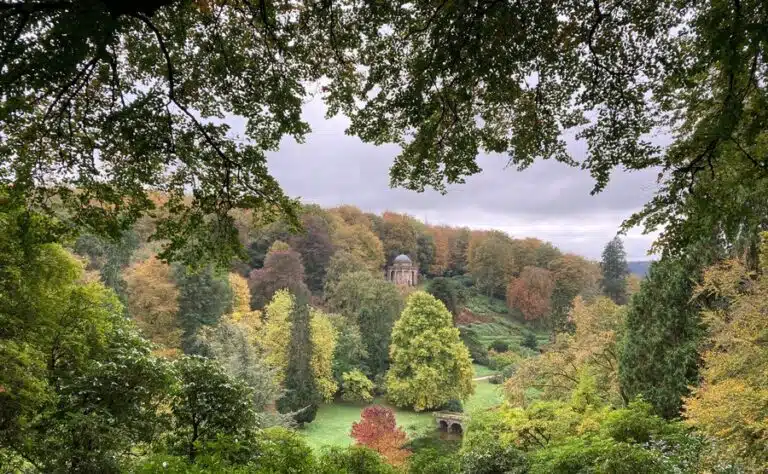National Trust plans for next decade include raising more in this time than in previous century

Marking its 130th birthday, the National Trust has today (10 January) unveiled its plans for the next decade, which include a new fundraising initiative to help it raise more in this time than it has in the previous century.
Over the next ten years, the National Trust will work in partnership with environmental organisations, farmers, landowners and local communities to create 250,000 hectares of nature-rich landscapes, an area one-and-a-half times the size of Greater London, both on Trust land and off it. This, it says, will be its biggest ever contribution to addressing the catastrophic decline in nature.
Focus on addressing decline in nature
In the last decade, it has restored 25,000 hectares of priority habitat landscapes, and over the next ten, it is pledging to restore ten times that amount of land, with a focus on restoring peatland, improving the quality of the water in rivers, and reconnecting landscapes. This will include strategic land acquisitions, and supporting other landowners. It will also work to improve people’s access to nature, beauty and history.
Advertisement
To achieve these goals the Trust is aiming to inspire five million more people to care for and take action for nature and heritage in the next decade, by giving their time, voice or money.
This will include new volunteering opportunities, both directly with the Trust and with partner organisations. From spring, volunteers can help look after important freshwater habitats and species as part of the two-year, £4.2 million Freshwater Renaissance project, which aims to restore a functioning network of biodiverse and climate resilient freshwater habitats.
New fundraising initiative
Fundraising will be critical to success, and the National Trust is launching a new initiative to help. People wanting to play their part in restoring nature by contributing financially can “Adopt a Plot”, which will enable people to sponsor a plot of land for nature recovery at a site they choose. The first six ‘nature super sites’ have been selected for their potential to dramatically increase the benefit they offer to people and wildlife, and include Divis and the Black Mountain, Northern Ireland; and Wallington, Northumberland.
The plans follow the National Trust’s largest public consultation, which saw more than 70,000 people – including members, volunteers and industry partners – share their views on its work and direction.
Director-General Hilary McGrady said:
“For 130 years, the National Trust has responded to the crises and challenges of the time. Today, nature is declining before our eyes and climate change is threatening homes and habitats on a colossal scale. Meanwhile, millions of people can’t enjoy the benefits that green space and heritage bring.
“So we will ramp up our work to restore nature, both on our own land and beyond our boundaries. We’ll work to end inequality of access to green space and cultural heritage. And we will inspire millions more people to take action to protect the things we all need to thrive.
“Our charity’s founders were passionate campaigners who recognised the threats to our natural and cultural heritage, and, against the odds, did something about it. That same boldness is needed today. The Trust is uniquely placed to do something about these challenges and it’s why we are setting ourselves these ambitious but much-needed goals.”
Key partnerships
The Trust is also developing a partnership with Mind, and will be working with other organisations, to ensure its sites can help more people, particularly younger people with mental health problems. And, with founding partners Natural England and The National Lottery Heritage Fund, the Trust is inviting towns and cities across the UK to be part of a new programme, Nature Towns and Cities. This will see a full public launch this summer, and will support 100 towns and cities to transform and grow their networks of green spaces. A coalition of organisations and funders from across UK society will be brought together by the Trust to work together on this.
Other newly announced initiatives announced in its new strategy are the launch of an apprenticeships scheme for 130 young people, and of the charity’s first Ambassador programme, which will include classicist author and broadcaster Professor Mary Beard, environmentalist, author and broadcaster Mya-Rose Craig, presenter George Clarke and historian, broadcaster and film-maker David Olusoga.





